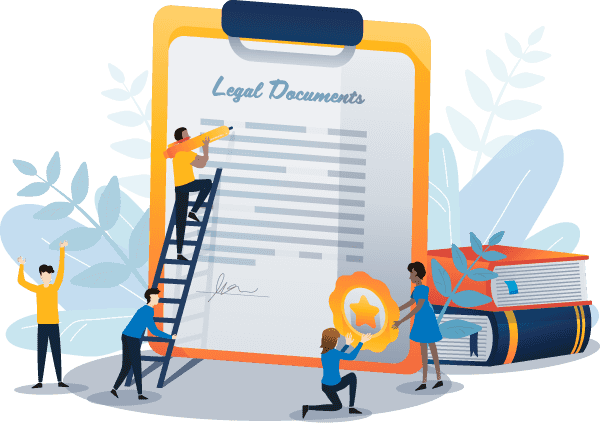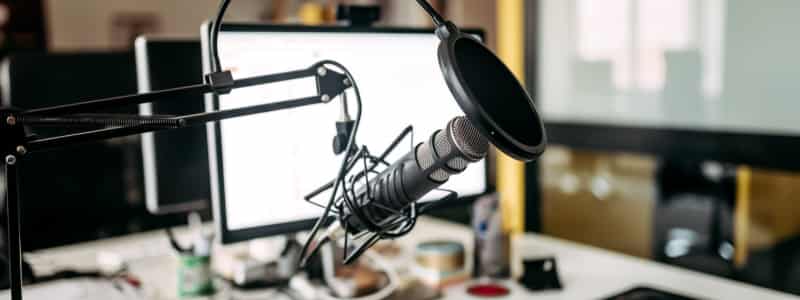Sydney-based lawyer specialising in M&A and capital markets. Formerly Legal Intern at Lawpath.
Do you have a passion for music? Maybe even have some equipment that you have invested in over time to record your own music? If so, it might be a good idea to consider starting your own recording studio business. A recording studio business provides customers with high-quality sound recording, mixing and audio production of vocals or instruments.
However, just like starting any other business, there are several things you should consider before proceeding. If you think this business venture might be the right fit for you, here are 3 useful tips to help you get started.
1. Make sure you’re prepared
Ask yourself this: am I ready to start this business? There are many risks that come with starting a business and no guarantee that you will be successful.
To answer this question, you need to do your research to determine whether you have the capacity to start and run the business, and whether there is a reasonable possibility that the business would succeed. You should research, for example:
The location of the recording studio
For instance, will you be running the business from home or will you be renting property elsewhere? There are advantages and disadvantages to both.
On one hand, running the business from home means you do not have to pay extra costs to rent extra property. There is also no need to commute each day, as you can work from the comfort of your own home. However, you need to consider whether you have enough space to run the business from home. There are also potential issues relating to noise and privacy.
On the other hand, running the business at another property means you have more flexibility to choose the location and size of the property to best suit your business. However, this can be expensive.
The costs of starting and running the recording studio business
Aside from the costs related to the property such as rent and electricity, there are many costs involved with the equipment you need to start the business. For instance, you may need a desktop, monitor(s), recording software, mixing board, cables, microphones and headphones.
Beyond this, you should also consider the costs of staff. For instance, if you need a support technician to assist in the operation of the equipment or if you need background singers and instrumentalists for a specific recording session.
How you can turn a profit through the recording studio business
Commonly, customers are charged at an hourly rate. You should consider the pricing structures at similar recording studios with the same level of equipment. You should then consider whether you think it is likely you can turn a consistent profit based on the pricing structure, demand, and the costs of starting and running the business.
To make your business more profitable, you might also consider sourcing revenue from other sources. For instance, by renting out your equipment when they are not being used for recording purposes.
The required skills and expertise
You also need to consider whether you have the necessary skills and expertise to run a recording studio business. For example, if you plan on running the business alone, you will need to be competent in using the equipment to record and mix sound at a professional level.
2. Come up with a business plan
After this, you should use your research to develop a formal business plan. This will help guide your business. You should outline information including, for example:
- Business objectives and goals.
- Business structure such as sole trader or company.
- Sources of funding if you do not have the finances you need.
- Target market such as music recording for musicians, voice-overs for film producers, or maybe even both.
- Marketing strategy which might include a website and an active social media presence.
Developing an excellent business plan may require a lot of time and effort. However, great planning often leads to success. If you are not confident in developing the business plan yourself, you should consider seeking assistance from a professional. You should also regularly revisit and review your business plan.

Create your own Business Plan for free.
Customise, update and download our Business Plan.
Get started3. Register your business
To make your business official, you need to register for a few things, including:
- A business name.
- An Australian Business Number (ABN) which will help the Australian Tax Office (ATO) and customers identify your business.
- Tax which will depend on various factors such as your business type.
- Any relevant licences or permits.
Conclusion
These 3 tips should give you a strong foundation to start a recording studio business. If you need more information on starting a business generally, you can access a guide here. However, if you need specific information or further assistance, you should consider contacting a business lawyer.






